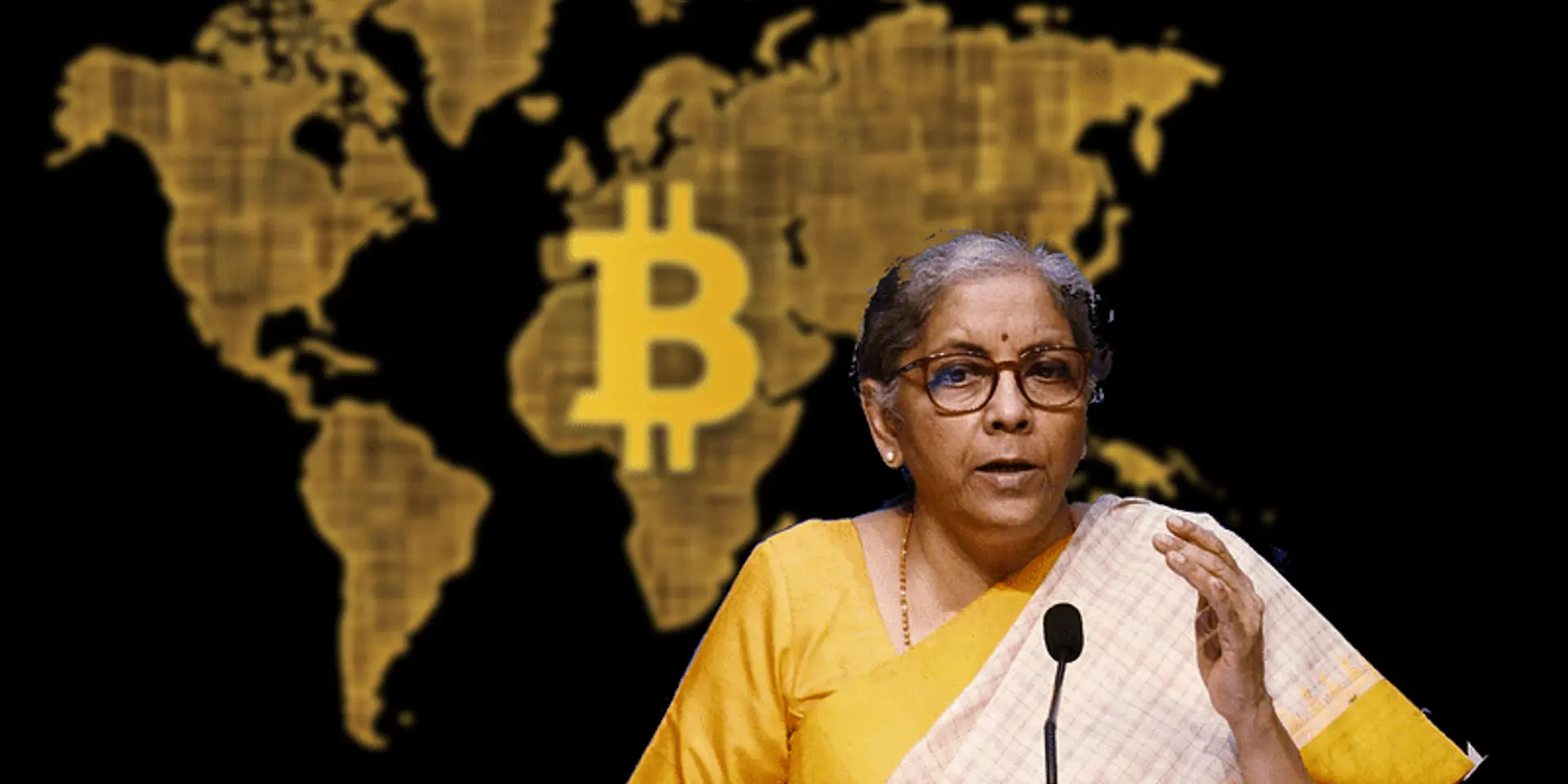Can India’s G20 presidency help create a global policy for digital assets?
India has been pushing for a concerted global effort towards establishing crypto regulations. As the president of G20, which accounts for nearly 80% of the global economy, the country can set the agenda for this important economic bloc.
The global regulatory landscape for digital assets is largely marked by a notable lack of clarity, as different countries adopt diverse approaches.
But one good example of a clear regulatory structure is the Markets in Crypto Assets (MiCA) framework, which was recently implemented by the European Union, which aims to provide a comprehensive regulatory framework for digital currencies. Conversely, the United States has exhibited a trend towards stricter regulations, evident through increased enforcement actions in recent months.
In a different context, the United Arab Emirates has passed laws aimed at facilitating the operations of crypto and Web3 companies within its jurisdiction. Meanwhile, countries such as Singapore are actively working on amending the Payment Services Act to address digital asset regulations.
In India, the introduction of guidelines under the Prevention of Money Laundering Act has provided a regulatory framework for digital assets in the country.
These highlight the diverse approaches being taken by different nations to address the regulatory challenges surrounding digital assets, creating a landscape that is still evolving and subject to ongoing developments.
However, while some countries have embraced digital assets, others have closed their doors to them. China, the second-largest economy, has prohibited crypto companies from operating within its borders. Interestingly, Hong Kong has become more receptive to these companies in recent months, even as China maintains its stance.
In the past six months, there has been an unprecedented surge in regulatory initiatives concerning digital asset frameworks.
Notably, 15 countries, collectively representing approximately 65% of the world’s population or 80% of the global GDP, have undertaken significant measures in this regard. These developments reflect a growing global recognition of the importance of establishing comprehensive regulatory frameworks for digital assets.
Given this inconsistent approach to cryptocurrency regulation, there is a question of whether a precise and universally applicable regulatory framework for the sector is attainable.
India’s significance in Web3
India holds a unique position in the Web3 movement, with its talent pool driving advancements in the field. Furthermore, India’s significance is heightened by its presidency of the G20, till November this year.
During recent media interactions, India’s Finance Minister, Nirmala Sitharaman, revealed that G20 member countries have agreed on the need for globally coordinated regulations for crypto assets. This announcement was made during an International Monetary Fund (IMF) brainstorming session on the macro-financial implications of crypto assets.
Sitharaman expressed satisfaction with the G20’s prompt response and emphasised the need for a unified global effort, as digital assets can be accessed and utilised from anywhere in the world. The G20’s recognition of the risks associated with private digital assets and its efforts towards developing a coordinated policy approach are significant steps towards addressing the crypto asset issue.
The finance minister also co-chaired the G20 Finance Ministers and Central Bank Governors Meeting in Bengaluru, India, in February, where she highlighted the collaborative efforts of the Financial Stability Board (FSB) and the IMF in formulating recommendations for regulating the crypto sector.
She stressed the importance of addressing issues related to crypto assets promptly and ensuring that emerging technologies offer potential advantages without causing harm to economies. The G20’s response should achieve these dual objectives.
The minister also called for a synthesis report that combines macroeconomic and regulatory perspectives on crypto assets, emphasising the need for a globally coordinated guideline response that considers all risks, including those specific to emerging markets and developing economies.
The Indian government has been discussing the possibility of drafting a law to regulate or ban cryptocurrencies for years, but no final decision has been reached. Instead of pursuing an independent approach, India aims to foster a consensus towards global cryptocurrency regulations, recognising that cryptocurrencies transcend geographical boundaries.
The country’s talent pool plays a significant role in driving the global Web3 push, with Indian professionals accounting for 11% of the global Web3 workforce, according to a Nasscom study. Additionally, India hosts over 450 Web3 startups, making it a prominent hub for Web3 ecosystems worldwide.
However, due to unfriendly policies, approximately 60% of these startups are registered outside India, primarily in Dubai and Singapore.
Furthermore, India’s active participation in international forums such as the FSB and the IMF allows for engagement with global stakeholders involved in shaping digital asset regulations.
In fact, the G20 Chair’s Summary and Outcome Document expresses anticipation for the IMF-FSB Synthesis Paper, which will support a coordinated and comprehensive policy approach to crypto assets by considering both macroeconomic and regulatory perspectives and addressing the full range of risks posed by crypto assets.
Meanwhile, the European Union has formulated crypto regulations applicable to its 27 member countries, allowing a licence holder in one country to operate freely across all member states. Non-EU countries can have a say only if they do not want to miss out on the advantages of being early adopters.
MiCA not only outlines conditions for legal operations of crypto companies but also defines financial crimes such as money laundering and terror financing, providing provisions for punishments.
India has been trying for a global and concerted effort to crypto regulations. As the president of G20, which accounts for nearly 80% of the global economy, India can set the agenda for this important economic bloc.
With the EU’s MiCA and G20’s groundwork so far, the world can expect some regulatory certainty about digital assets when India passes on the G20 presidency to the next candidate in November 2023.
(The author is the founder of Liminal, a wallet infrastructure and custody solutions platform.)
Edited by Swetha Kannan
(Disclaimer: The views and opinions expressed in this article are those of the author and do not necessarily reflect the views of YourStory.)



